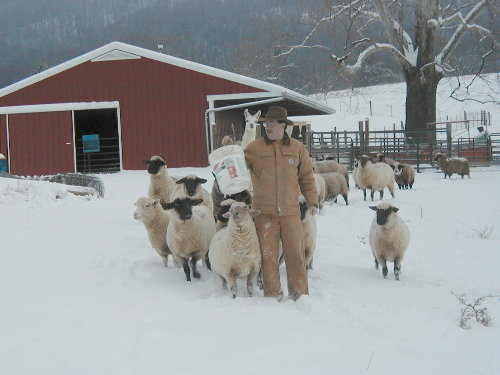My favorite contemporary Orthodox theologian is at it again. David Bentley Hart gives his perspective on the Terry Schiavo controversy in today's Wall Street Journal. In reading responses to one of Hart's pieces it is always interesting to see how many of the respondants miss his point entirely by not paying attention to what he is actually saying. Hart's prose style can be demanding, even when he is writing in a more "popular" vein. He assumes the reader is actually familiar with the meaning, or meanings, of words. Just one example; he states of those in Schiavo's condition: "Even among such ravages--for those with the eyes to see it--a terrible dignity still shines out." One reader responded: As for the theologian's suggestion that even in the ravages of a damaged brain, a "terrible dignity still shines out," I suggest he also missed the mark. Recently, I spent the last week of my brother Bill's life with him in a VA hospice as he died from both lung and brain cancer. He was paralyzed on his right side, unable to speak. Already frail, he stopped eating and drinking days before he died. He spent much of his last three days transitioning into the afterlife. But until Bill's last breath, his eyes and hand squeezes communicated the magnificent dignity and beauty--and life--of one of God's children. As I read Hart, he is using "terrible" in the sense of inciting dread or awe, surely an appropriate response to the human mystery in an extreme and painful situation. "Terrible" in the sense that we should know that we stand on holy ground, and should approach with reverence. A thought that Hart's correspondant actually affirms in his own moving story.
Hart's follow up to the controversy raised by his previous Wall Street Journal essay on theodicy and the South Asian Tsunami is now online at First Things. Here is an excerpt:
I do not believe we Christians are obliged—or even allowed—to look upon the devastation visited upon the coasts of the Indian Ocean and to console ourselves with vacuous cant about the mysterious course taken by God’s goodness in this world, or to assure others that some ultimate meaning or purpose resides in so much misery. Ours is, after all, a religion of salvation; our faith is in a God who has come to rescue His creation from the absurdity of sin and the emptiness of death, and so we are permitted to hate these things with a perfect hatred. For while Christ takes the suffering of his creatures up into his own, it is not because he or they had need of suffering, but because he would not abandon his creatures to the grave. And while we know that the victory over evil and death has been won, we know also that it is a victory yet to come, and that creation therefore, as Paul says, groans in expectation of the glory that will one day be revealed. Until then, the world remains a place of struggle between light and darkness, truth and falsehood, life and death; and, in such a world, our portion is charity.
Notes From a Hillside Farm
Notes from a Hillside Farm; being Musings and Observations on Life, Letters, and our Most Holy Faith, by a Lawyer, Sheep- farmer, and Communicant of the Orthodox Church

